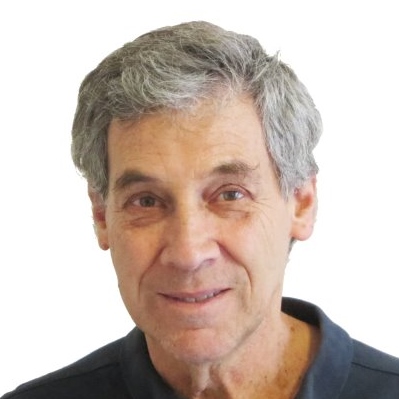
OpEds

Fiddling with strangers: why do we think we can?
GEOFF SIFRIN
That word is mostly gone now, but societies still struggle to catch up with the increasing recognition of different kinds of sexuality which were once hidden.
Other forms of abuse still exist. Incredibly, “corrective” rape of lesbians is still perpetrated in South African townships. It has been highlighted by black lesbian Zanele Muholi, a self-described visual activist working in photography, portraying black lesbian, gay, transgender, and intersex people – the LGBTI community. She is a professor at University of the Arts Bremen in Germany. In a story in the Guardian last year, she called her work “a space for people to be visible, respected and recognised”.
Her message: Despite having the most progressive Constitution and equality laws, South Africans are far from accepting the prohibition on discrimination based on sexual orientation – in other words, accepting different forms of sexuality. The LGBTI population fears attacks, murders and “corrective” rapes.
Women photographed by Muholi have died after “corrective” rape. A recent play by Phyllis Klotz, the founder of Sibikwa Dance and Theatre Company, called Chapter 2 Section 9, reinforces this point. It portrays true stories of black women, broken for being lesbians.
Elsewhere in the world, the picture is different. Last Friday, a festive gay pride parade took place in Tel Aviv, with as many as 250 000 people, for which the city closed major roads.
Religious figures who don’t accept gay legitimacy recoil at this, such as leaders of Orthodox Judaism. They say homosexuality is a “choice”, not inherently part of a person’s identity. They believe that through therapy, people can – and should – be persuaded to choose otherwise.
Are people in the parade transgressing G-d’s will? Some say no. Others say yes, large numbers don’t prove a point.
For rabbis who reject homosexuality, it’s a dilemma when a gay member of a congregation wants to hold a formal position in a shul, or to study to be a rabbi.
Or, when a gay Jewish man wants to marry another man, which is legal in 26 countries including South Africa, Australia, Canada and the United States, and wants the rabbi to perform the ceremony.
Is one’s LGBTI status a religious or human-rights issue? America’s ambassador to Israel, David Friedman, said he was “proud” of the Tel Aviv parade, tweeting: “…Promoting, protecting, and advancing human rights – including the rights of LGBTI persons – has long been the policy of the United States.”
Some gay rights activists confront the establishment. Steven Cohen – one of South Africa’s most flamboyant performance artists – grew up during apartheid, served in the army, and now lives in Paris. In the past, he courageously attended a rugby game at Pretoria’s Loftus Versfeld stadium dressed as a character he devised called Ugly Girl. In feathers and other provocative regalia, Cohen mingled with the ultra-conservative crowd, who called him derogatory names and threatened him.
Why is somebody else’s sex life everybody’s business? Some people ask why the LGBTI community makes such a parade of it. Why not just be who you are, without a big show? Part of the answer is that “coming out” is difficult. A mass parade gives support.
Pressure on the LGBTI community takes different forms. It may be practical and violent such as “corrective” rape. Or subtle, by shunning and shaming. Outwardly, a world of difference lies between Zanele Muholi’s artworks and Tel Aviv’s parade. But the message is similar – there are myriad legitimate ways to be human.




